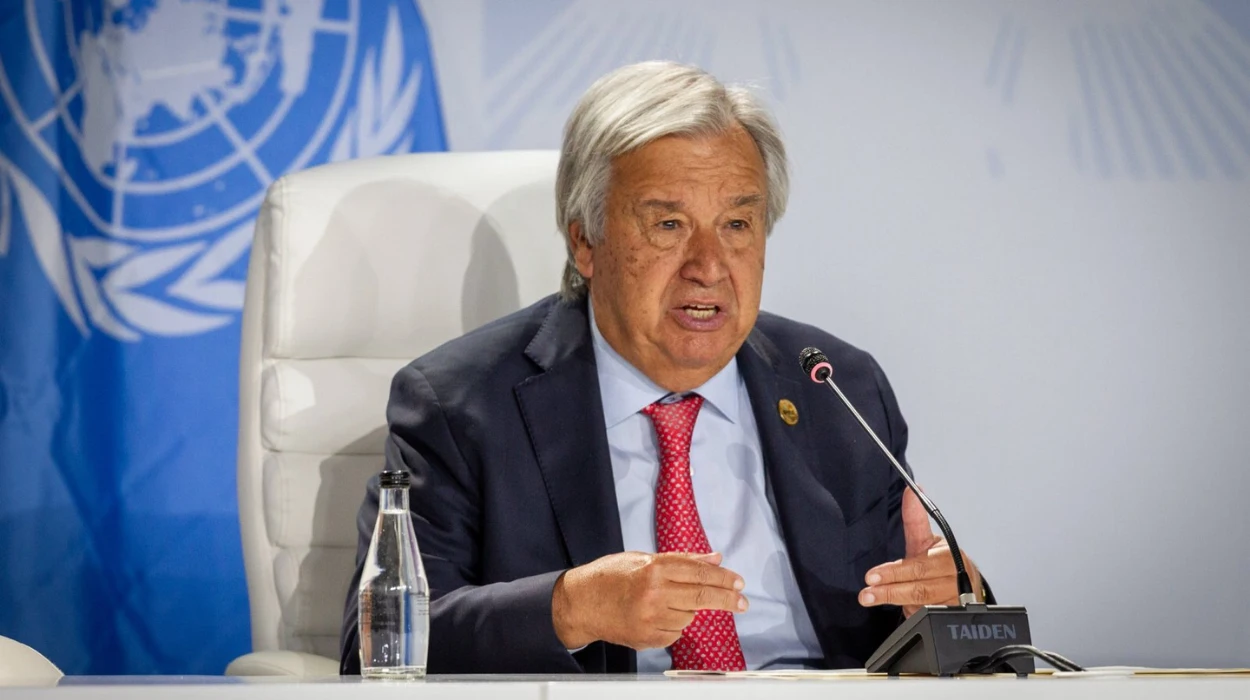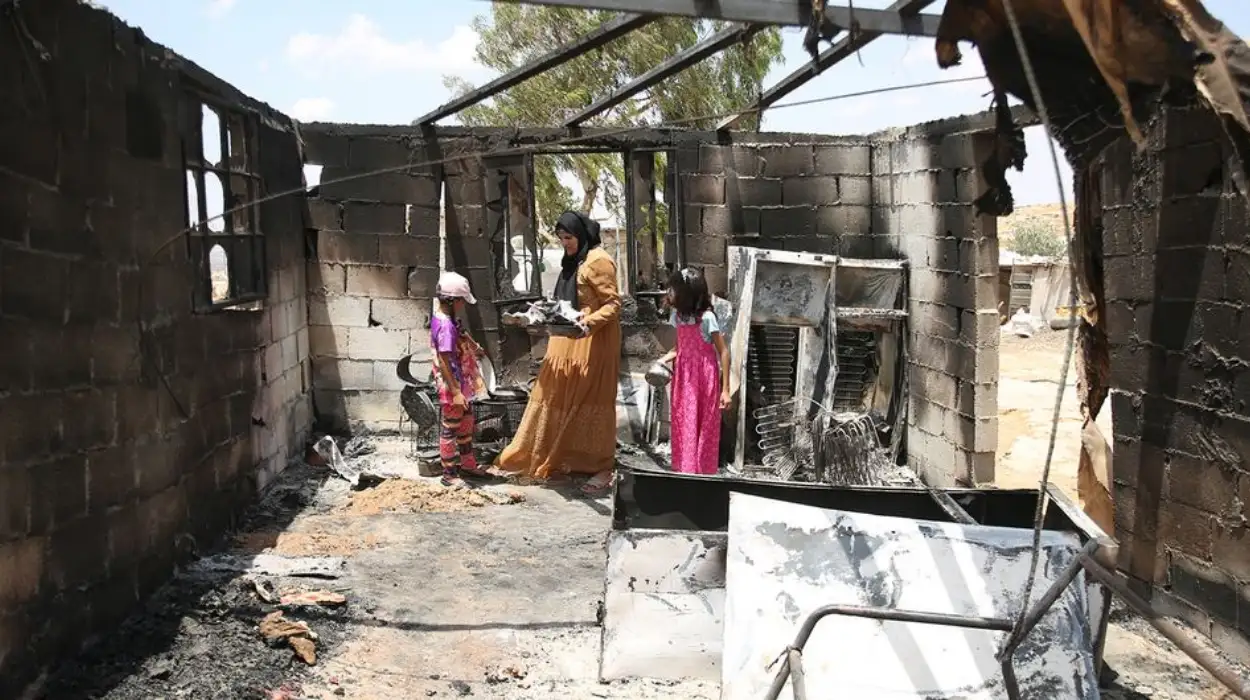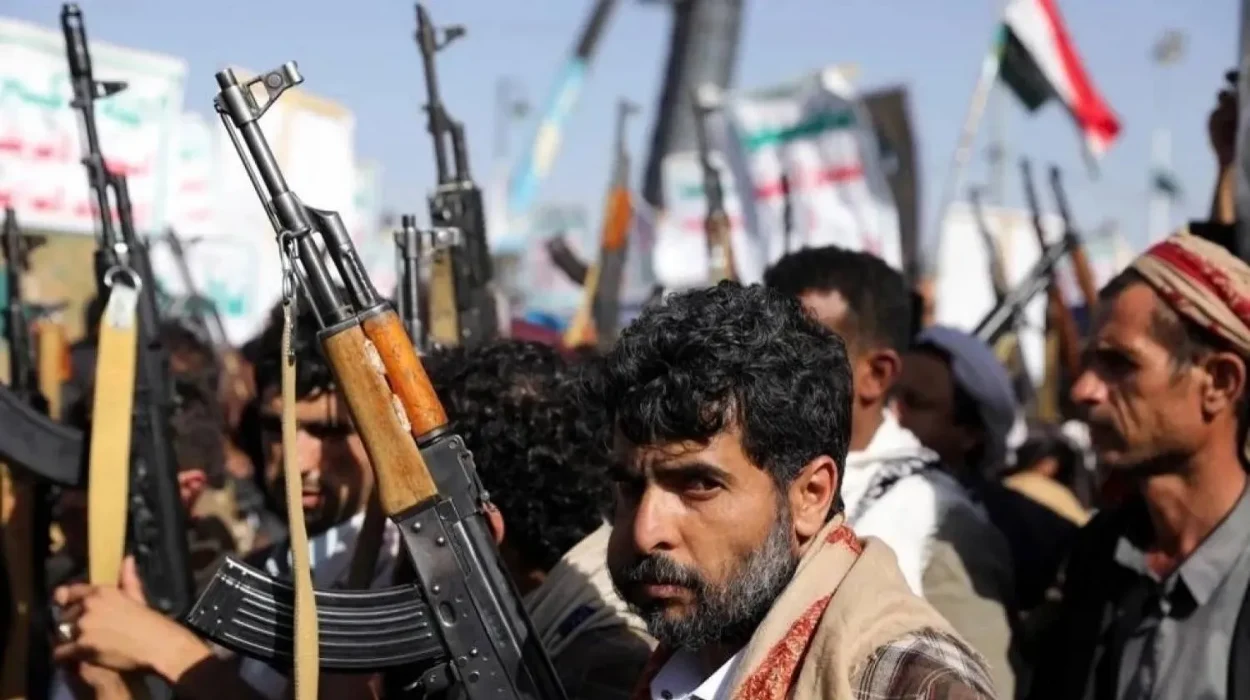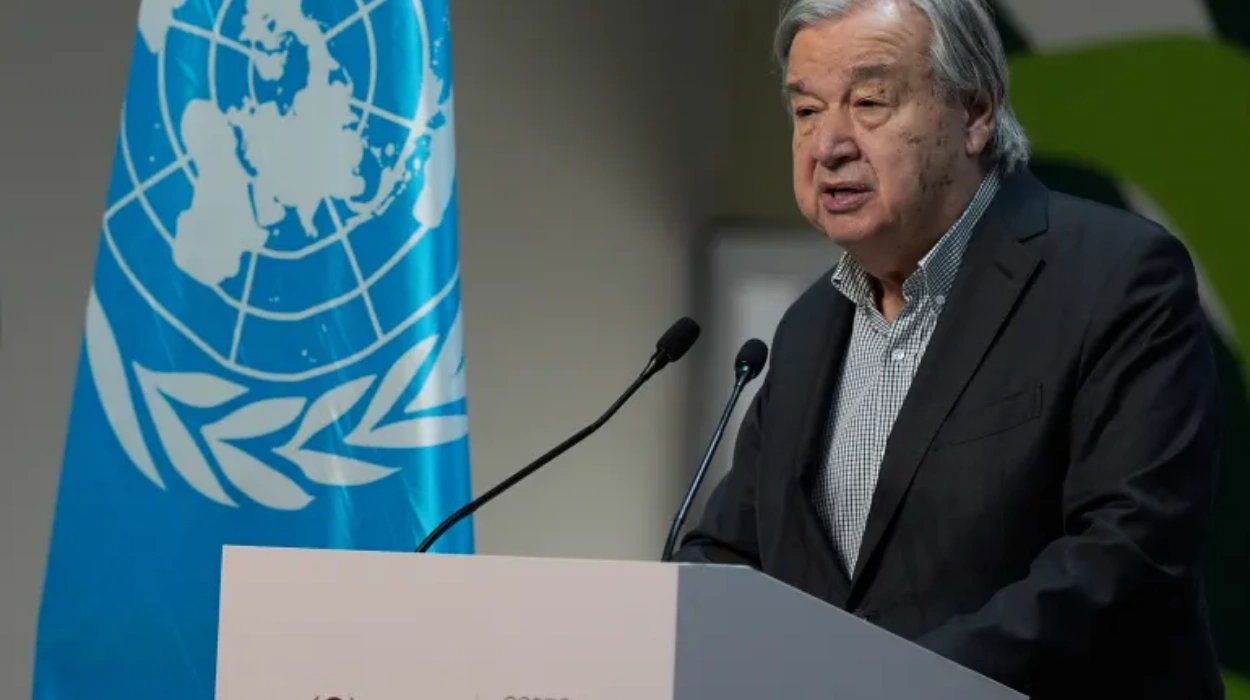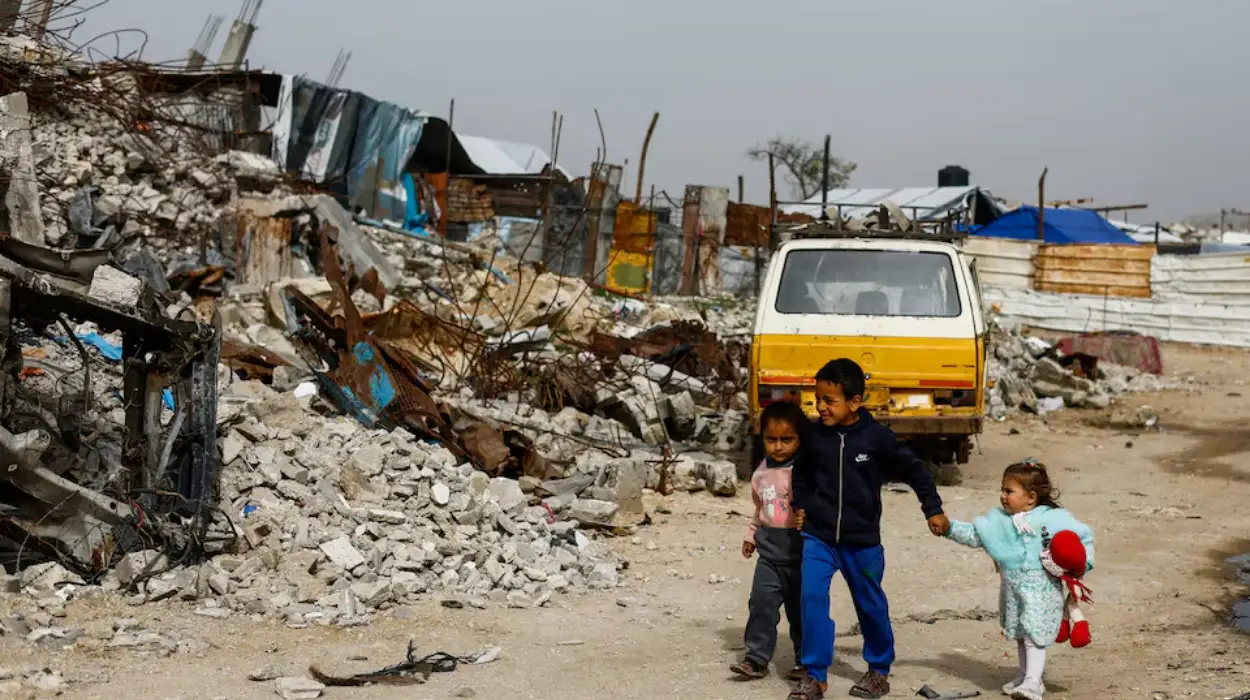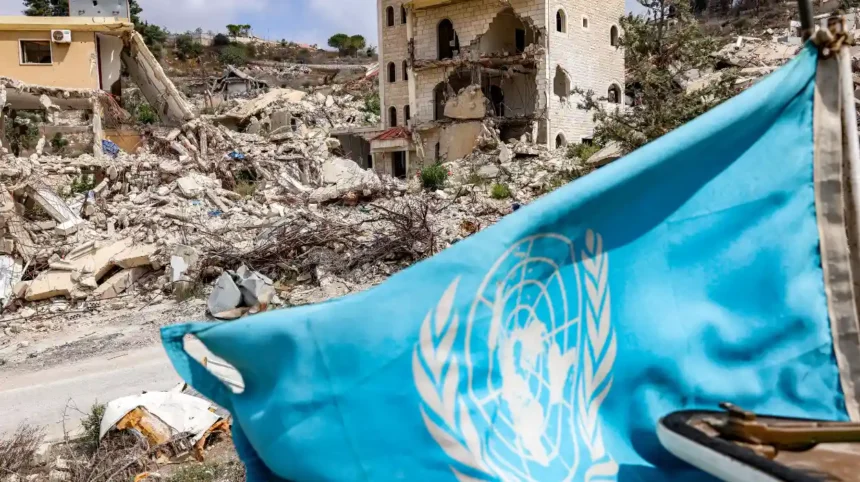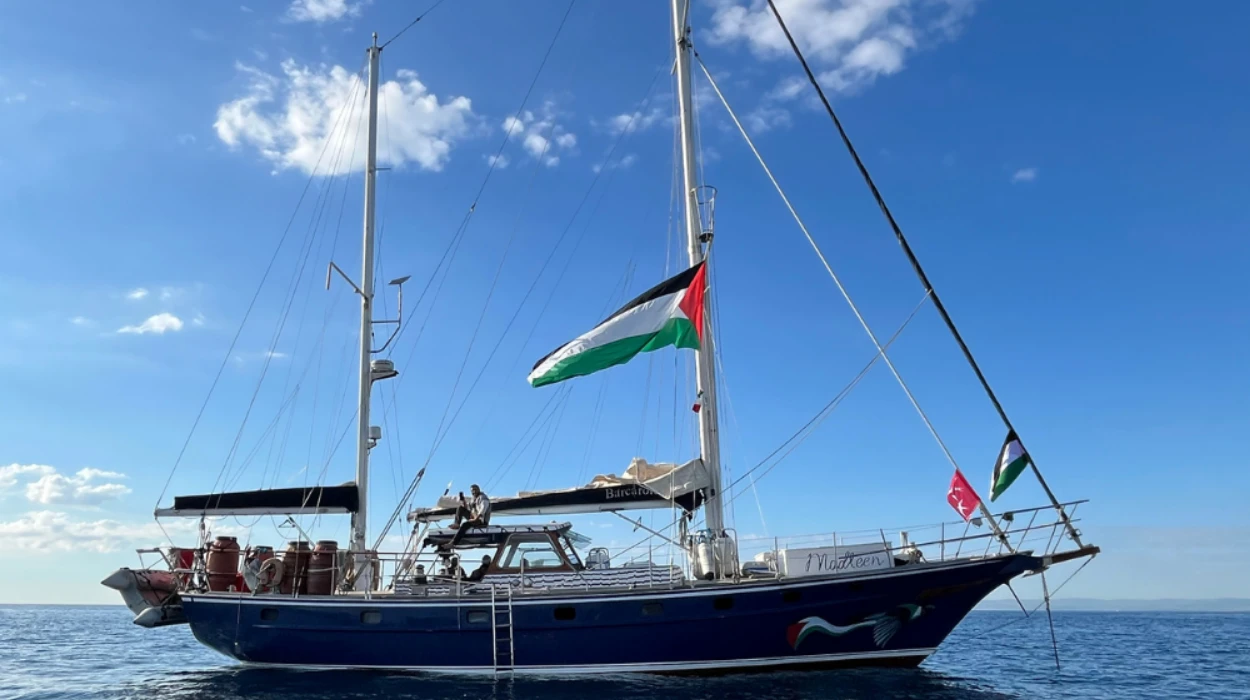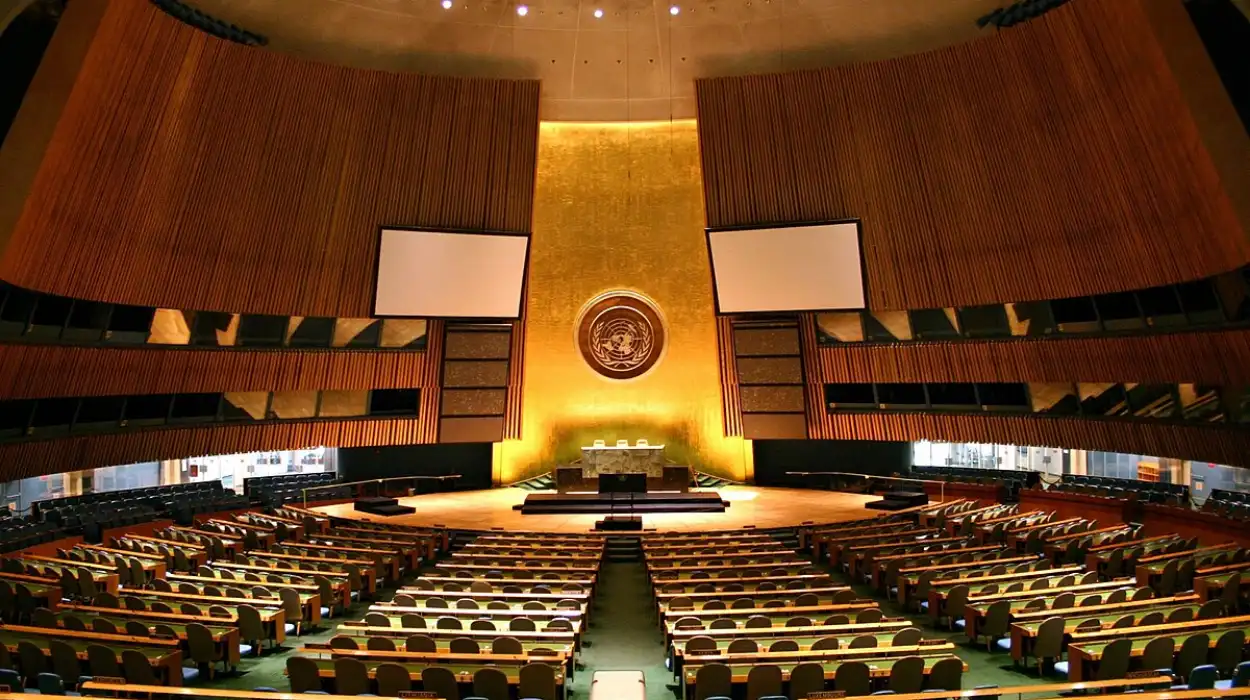The peacekeeping budget of the United Nations started the 2025-2026 financial year with a more modest value of $5.38 billion as compared to 2024 when it was 5.59 billion. Although this $210 million reduction is apparently nominal, it serves as a heavy burden on an already straining system due to the maturing insecurity, wavering conflicts, and multi-faceted peacebuilding pressures around the world. These movements include twelve peacekeeping stations, logistical centres in Entebbe and Brindisi and the global support account all of which are key to sustaining mission and field responsiveness.
This shrinkage constrains the capacity of the UN to respond to unstable political situations and remain operational in politically unstable settings. There is a growing expectation that peacekeeping missions are now able to do a broad spectrum of activities in defending civilians, facilitating transitional governments, enhancing human rights, and advancing gender equality. Yet, limited financial ability has necessitated the cut of mission operations and is also generating a capability shortfall in such domains as deployment preparedness, personnel retention, and speed to respond operations.
US Funding Cuts And Geopolitical Reverberations
Being the largest donor to UN peacekeeping, the United States has long been known to finance about 27 percent of total peacekeeping spending. However, US policy as of 2025 proposed drastic reductions: a proposed rescission of $393 million of the $1.2 billion to Contributions to International Peacekeeping Activities (CIPA) as well as a reduction of more than 400 million of the 2024-2025 operating accounts. These reductions severely constrict the liquidity of the UN system.
The practical outcomes already become evident. South Sudan and Democratic Republic of the Congo missions have already begun staffing reductions and operational delays, as a result of budget deficits. The protection requirements of civilians are jeopardized especially in the areas of a continued conflict where the UN serves as a stabilizing force. This is particularly critical in terms of timing since the world conflict and displacement levels are on record highs.
Impact On US Credibility And Multilateral Influence
There are wider diplomatic implications of these financial choices. The ability of Washington to influence force compositions, affect peacekeeping mandates and ensure it leads missions is more and more questioned. Other member states such as China, in the meantime, have taken this opportunity to expand their involvement and investment and change the balance of multilateralism and neutralize the US influence in the UN system.
Opponents of the cuts point to the fact that mismanagement and misconduct in the peacekeeping should be subject to scrutiny but radical defunding without wholesale institution-level reform results in systemic erosion. The dented reputation of keeping international peace and security commitments can have a far-reaching impact on the American status of global accountability and soft power.
Mission Adaptivity And Mandate Challenges
Modern peacekeeping operations have evolved to embrace multidimensional roles. However, their mandates often dubbed “Christmas tree mandates” have grown broader without corresponding financial or logistical expansion. Peace operations are now tasked with delivering climate action initiatives, supporting democratic transitions, and coordinating humanitarian responses. The result is overextension.
In an address to the General Assembly in 2025, the UN Secretary-General Antonio Guterres pointed out that mandate ambitions were far exceeding capacity, and that the world needed to re-align expectations and available resources. On the ground, peacekeepers are reporting fatigue and logistic choke points, as well as de-motivation, especially when competing priorities blur the mission focus.
Diverging Member State Priorities
Certain member states have suggested going back to the narrower mandates of ceasefire monitoring and security provision. Such suggestions, however, are opposed by states and civil societies organizations that insist on gender-sensitive peacebuilding, and transitional justice. The discussion unveils inherent contradictions in the Security Council and in the General Assembly about the purpose and philosophy of peacekeeping in the present geopolitical environment.
Humanitarian And Geopolitical Impacts
Budget limitations are not limited to the military operations, but they greatly limit humanitarian operations being conducted simultaneously with the peace operations. Displacement programs, food security, healthcare, and education programs are now getting more and more inadequate in meeting the demand. UN agencies in such countries as Sudan and Yemen already minimized aid deliveries and closed field offices due to financial constraints.
Emergency coordination through the inter-agency coordination system used by the UN experiences terrible delays and information breakdown. These lapses in operations in regions such as the Central African Republic can translate to increased violence, risks of famine and increased vulnerability of civilians. Financial instability therefore directly compromises security goals as well as basic protection of human rights.
Changing Power Dynamics In Multilateral Governance
China’s ascent in peacekeeping participation now the second-largest financial contributor and one of the top troop contributors illustrates how budget shortfalls can shift the power balance in UN operations. With US retrenchment, Beijing has increased both its rhetorical and operational footprint, including high-level advocacy for “development-centered peacebuilding.” This reorientation brings new opportunities but also raises questions about the normative frameworks guiding peace operations.
Increased participation by middle powers and regional blocs also changes how mandates are drafted and implemented. Budget constraints may therefore accelerate not only operational recalibration but also ideological transformation within the UN peacekeeping framework.
Future Sustainability And Reform Imperatives
In order to be viable, the UN is considering new funding mechanisms, such as assessed contributions mixed with voluntary resources and collaboration with regional institutions such as the African Union. Administrative overheads are already being worked on, operations digitized and more training in conflict mediation is being undertaken albeit not uniformly across missions.
Such reform proposals that are on the table are the introduction of conditional performance-based budgeting, bettering the integration of local peacebuilders, and the improvement of measuring success beyond the number of troop deployment. The Department of peace operations has also been encouraging member states to look at dynamic budgeting frameworks that will permit emergency surges without lengthy General assembly procedures.
Shared Responsibility And Political Will
Technical remedies are necessary, but the crux of the crisis is political. The sustainability of peacekeeping rests on the collective awareness of the members of the UN that collective security cannot be sustained, at least, on minimum investment. The modern propensity to transfer responsibility to the fewer funders is not sustainable.
The weakness of the peace operations has been demonstrated in 2025 as the political agreement and financial predictability fades. Reasserting the international dedication to multilateralism, institutional responsibility, and all-inclusive diplomacy will determine the success of future peacekeeping. It is only under these circumstances that missions are able to keep the legitimacy and instruments to curb the possibility of relapse into conflict and preserve international peace.
The role of the UN as a peace guarantor will rely more and more on adaptive structures and collaborative burden-sharing as it manages through this period of budgetary uncertainty. The outcome of this recalibration as enhancing or undermining the power of the UN to respond to the crisis will determine how the world security structure will look like in coming years.


